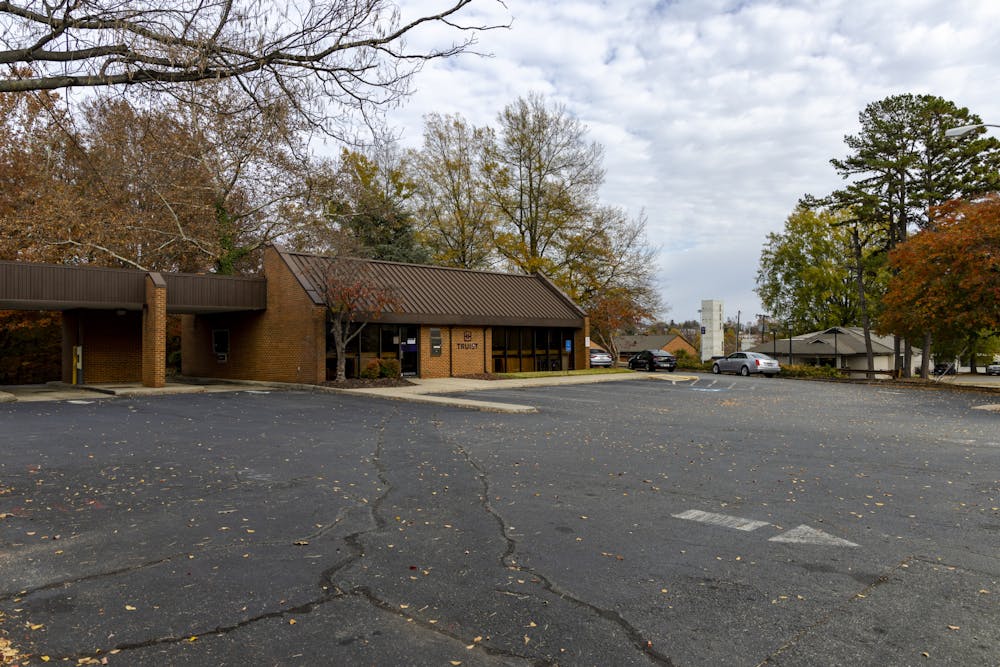In a sweeping victory for affordable housing advocates, Charlottesville’s City Council unanimously voted to approve the development of two high rise apartment complexes near Grounds Monday night, despite voiced opposition from the University. The Council also passed a new zoning ordinance to increase housing density throughout the city.
The 12-story Verve — set for construction at the intersection of Jefferson Park Avenue and Stadium Road — will provide 550 units. The unnamed 10-story project located at 2117 Ivy Road will feature 242. Both proposals faced intense scrutiny from the University — especially the 2117 Ivy project, which falls within the University's planned development of Ivy Road. The University is currently constructing the Karsh Center of Democracy and School of Data Science in the same area under its 2030 plan to be “great and good.’
Livable CVille, a local organization focused on affordable housing and sustainable transportation, served as an advocate for both apartment proposals throughout the process. Following the Council’s approval, the organization celebrated with a tweet calling back to University pushback.
“Abundant housing is the definition of good and great,” Livable CVille wrote.
Both complexes are targeted towards housing students. Given the thousands of students living off-Grounds each year, a population raising cost of living for local residents, proponents say the developments are an important step towards combating Charlottesville’s affordable housing crisis. The two buildings’ developers will also provide a combined total of $10 million towards the Charlottesville Affordable Housing fund.
For some, the projects have raised concerns over the scale of these buildings in contrast to the character of surrounding areas, along with potential changes to traffic patterns. Ahead of the Council’s Dec. 4 meeting where members deferred a vote on 2117 Ivy, the University published an open letter alleging that the proposal misaligned with the city’s intended goals for the space.
During the Council’s earlier considerations, University Architect Alice Raucher said the University does not oppose development in the city as a whole but wants proposals considered within the context of each location.
“U.Va. does not wish to dictate what can and cannot be built,” Raucher said during Council’s Dec. 7 meeting. “Others have attempted to mischaracterize both the University's position on these specific proposed developments and our values as a member of the Charlottesville community.”
These changes to neighborhoods near the University will accompany extensive changes across the city following the City’s approval of the newest zoning ordinance later on in Monday’s meeting — the culmination of seven years of deliberation. New regulations allow for larger buildings aimed at easing affordable housing issues.
Despite these goals, The Daily Progress reported City Councillor Micheal Payne said the ordinance’s effects in practice cannot be easily predicted.
“As positive and as big as this change I think is, we have to have humility to recognize we’re not going to know every impact,” Payne said during Monday’s meeting. “There’s going to be a lot of things we don’t foresee about multiple elements of it, and I think that it’s important for us to just have that humility to acknowledge that and be ready to respond to that in the coming years.”
The zoning plan goes into effect this February. Exact construction timelines for the Verve and 2117 Ivy have yet to be announced.







